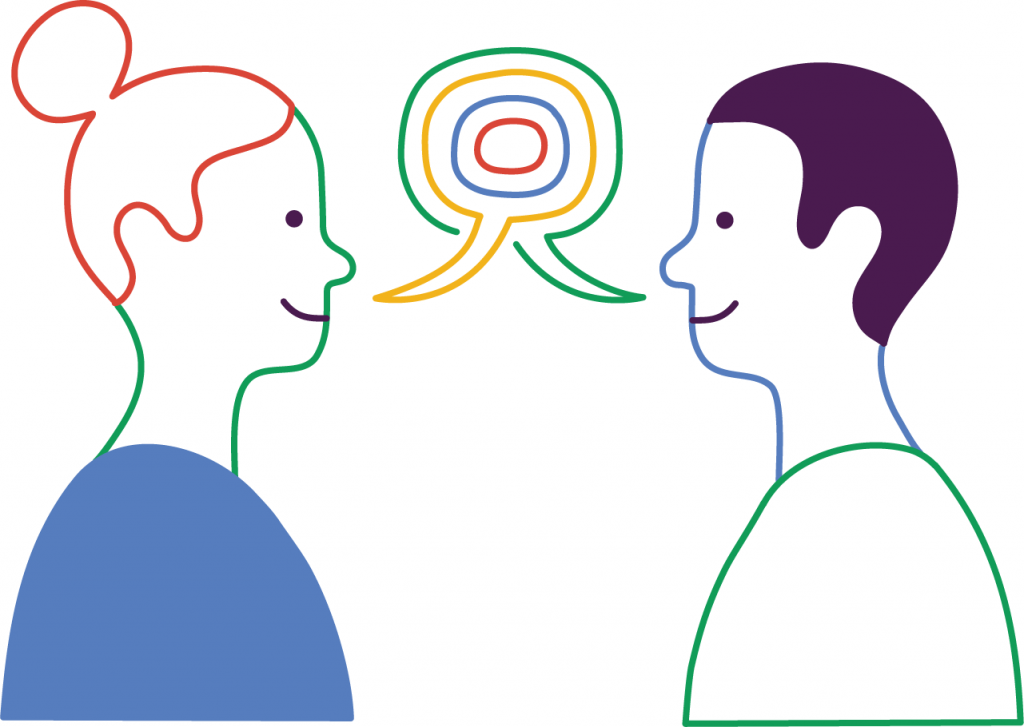After participating in the Search Inside Yourself Leadership Institute’s conference and completing the 28-day mindfulness challenge, I’ve found that a key part of mindful leadership is the ability to calmly and appropriately experience and respond to emotions. This kind of emotional intelligence is built largely through experience, which is mostly a function of time, but can also be cultivated through careful and deliberate practice. In my case, as a young leader with relatively little life experience, this deliberate practice is essential to developing my emotional intelligence and responding to situations with clarity, focus, and compassion.
My experience with the mindfulness challenge was mostly pleasant. Each day I would complete a short meditation, delivered to my inbox. These were guided meditations ranging from one to ten minutes long. I only missed a few days of practice, and when I did, I made up for it by completing two in the next day. These experiences were ones that I looked forward to, taking a moment to settle, usually at home at the end of the day, but sometimes in the morning, or before starting work, to bring my focus and attention to the practice.
As a fairly active and rapid thinker, it can be hard for me to focus on one thing at a time. This came through during the mediations, when my mind would start to wander, either back into the past or towards the future, or towards some distraction: a sight, smell, or sound that would keep me from focusing. An earlier version of myself might have scolded or got angry, but I remembered to approach the practice with curiosity and kindness. This allowed me to acknowledge the fact that my attention was distracted, accept it, and bring my focus back to the meditation, usually through a deliberate breath. This is small thing, but it is representative of the emotional maturity that I am developing over the course of this mindfulness practice.
In more high-stakes context, the simple act of acknowledging and accepting emotions will allow me to clearly, carefully, thoughtfully, and respectful present my ideas and opinions without getting overly “caught up” in the emotional tension of a situation. Rather than being defensive, I will be open, receptive, and try to understand how the emotional context of a situation is informing the decisions that various actors are making.
 This has allowed me to stay calm in situations that a previous version of myself might have gotten frustrated in. Through mindfulness, I feel I am connected to a broader human context in which all people deserve peace and compassion. It can be hard to retain this feeling when someone cuts me off in traffic or I feel something unjust has occurred, but I still bring to mind these well-wishes, or, if I can’t do that, draw my attention inward to what I can control: my breathing and my body.
This has allowed me to stay calm in situations that a previous version of myself might have gotten frustrated in. Through mindfulness, I feel I am connected to a broader human context in which all people deserve peace and compassion. It can be hard to retain this feeling when someone cuts me off in traffic or I feel something unjust has occurred, but I still bring to mind these well-wishes, or, if I can’t do that, draw my attention inward to what I can control: my breathing and my body.
The grounding of the body and the breath is an essential mindfulness principle, as breathing creates a touchpoint for my attention when situations are challenging or overwhelming. This allows me to buy time and emotional distance from a difficult situation, and gain the physiological benefits of calm and composure that come through taking deep, deliberate breaths.
As hard as it is to believe, even for me, I believe my SIYLI experience and the 28-day challenge is creating a lasting impact in my life, informing me on the rationale and benefits of mindfulness. I have been able to utilize a number of integrated practices in my daily life, allowing me to be calm,composed,curious, and kind with myself, others, and the world around me.
By: Ethan Hopper




